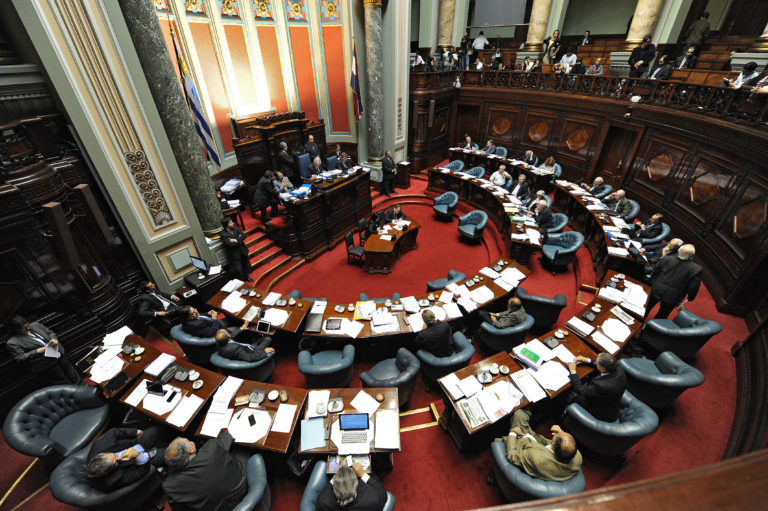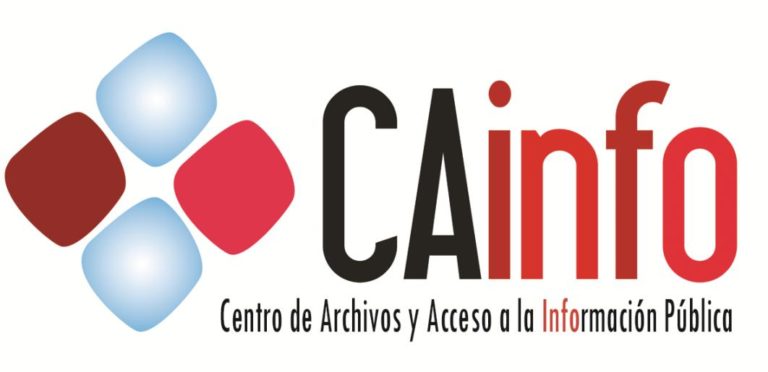(AMARC/IFEX) – On 17 October 2008, the Uruguayan government approved an access to public information law (Ley de Acceso a la Información Pública N°18.381) which had previously been unanimously approved by the Uruguayan parliament in early October. The complete text of the law can be found at: http://www.presidencia.gub.uy/_web/leyes/2008/10/EC1028-00001.PDF (Spanish only). The new regulation was promoted […]
(AMARC/IFEX) – On 17 October 2008, the Uruguayan government approved an access to public information law (Ley de Acceso a la Información Pública N°18.381) which had previously been unanimously approved by the Uruguayan parliament in early October. The complete text of the law can be found at: http://www.presidencia.gub.uy/_web/leyes/2008/10/EC1028-00001.PDF (Spanish only).
The new regulation was promoted by the Archives and Access to Public Information Group (Grupo Archivos y Acceso a la Información Pública, GAIP), a coalition of civil society organisations that formed three years ago with the objective of ensuring that the country worked towards the development and approval of an access to information law. The GAIP is comprised of a number of organisations, including AMARC, the Uruguayan Press Association (Asociación de la Prensa del Uruguay, APU), the Peace and Justice Service (Servicio Paz y Justicia, SERPAJ), Transparency Uruguay (Transparencia Uruguay), the Uruguayan Institute for Legal and Social Studies (Instituto de Estudios Legales y Sociales del Uruguay, IELSUR), the Library Sciences School of the University of the Republic (Escuela de Bibliotecología de la Universidad de la República), Amnesty International’s Uruguayan chapter and the Media and Society Group (Grupo Medios y Sociedad, GMS).
Article 1 of the law states that its objective is to “promote transparency in the administrative functioning of all public bodies, whether they be state-run or not, and to guarantee the fundamental right of individuals to public information.”
The law represents a new milestone for Uruguay as it recognises the access to public information rights of all individuals and legally recognised bodies without discrimination. It defines public information as any information that “originates from or is in the possession of any public body, whether state-run or not, excluding exceptions or secret information established by law, as well as confidential information.”
The law goes on to clarify what can be considered confidential information and defines various types of information that can be deemed to fit into this category. However, it also contains a reservation on this point. In Article 12 it states that the entities that are regulated by the new law cannot resort to use of the confidentiality clause when the information requested pertains to cases of human rights violations or aids in the investigation of such cases.
According to a GAIP statement released on the day the law was approved, the group welcomes “this historic step in the democratic and republican institutionalisation of the country,” in the sense that the new law “complies with international human rights standards.” However, the GAIP members see the passing of the law as only the beginning of their work.


